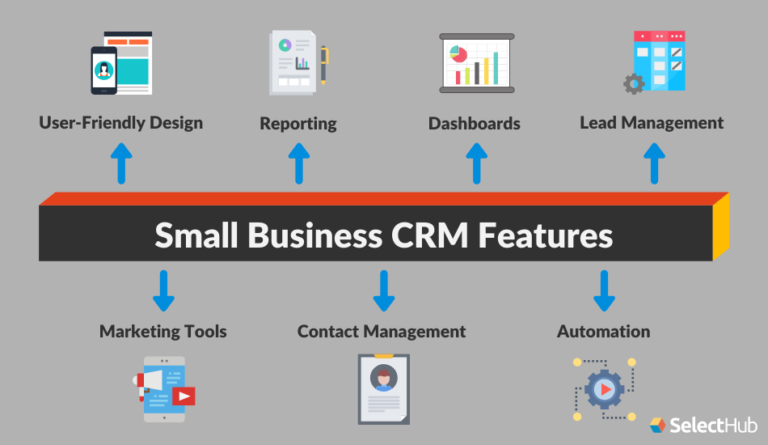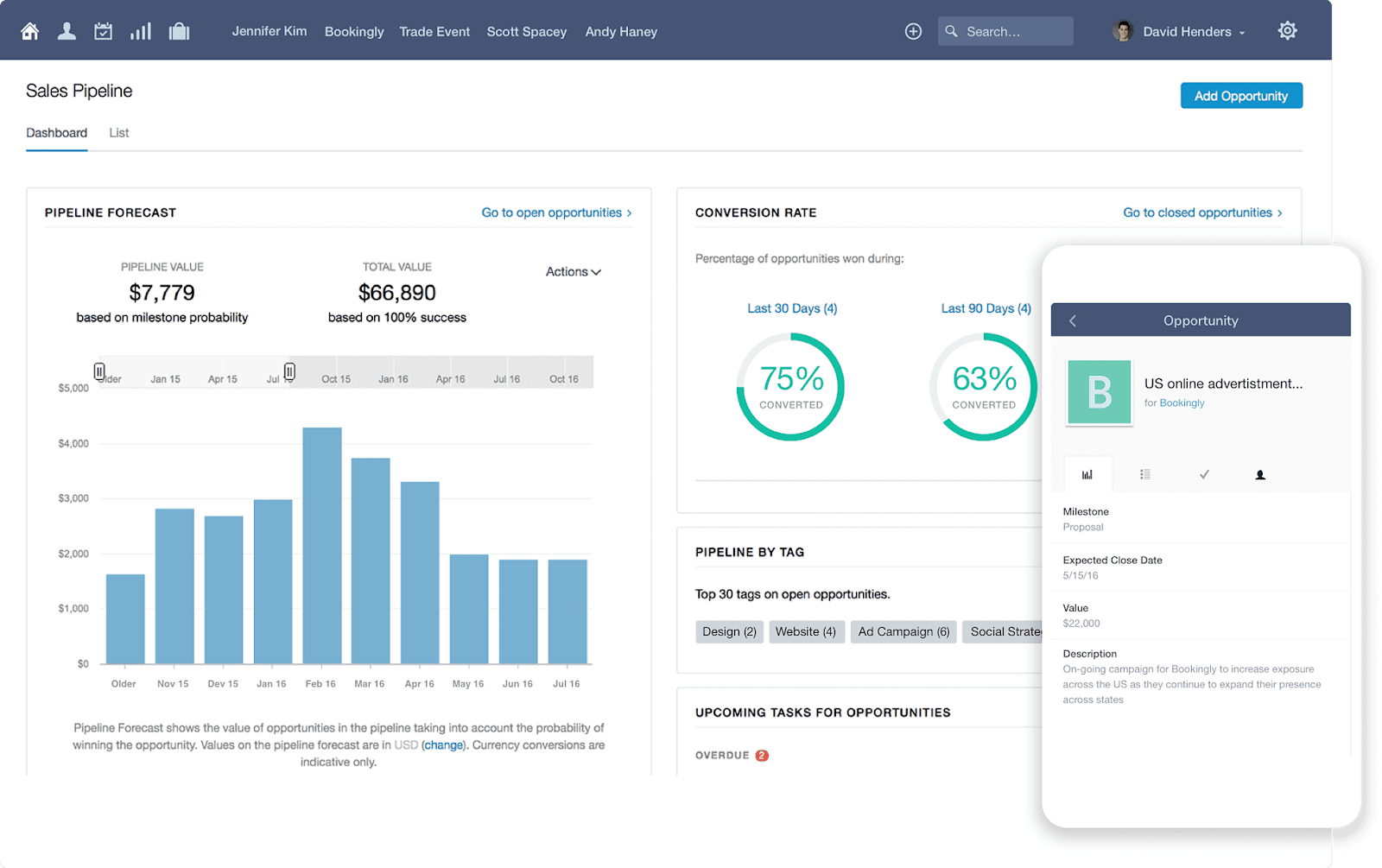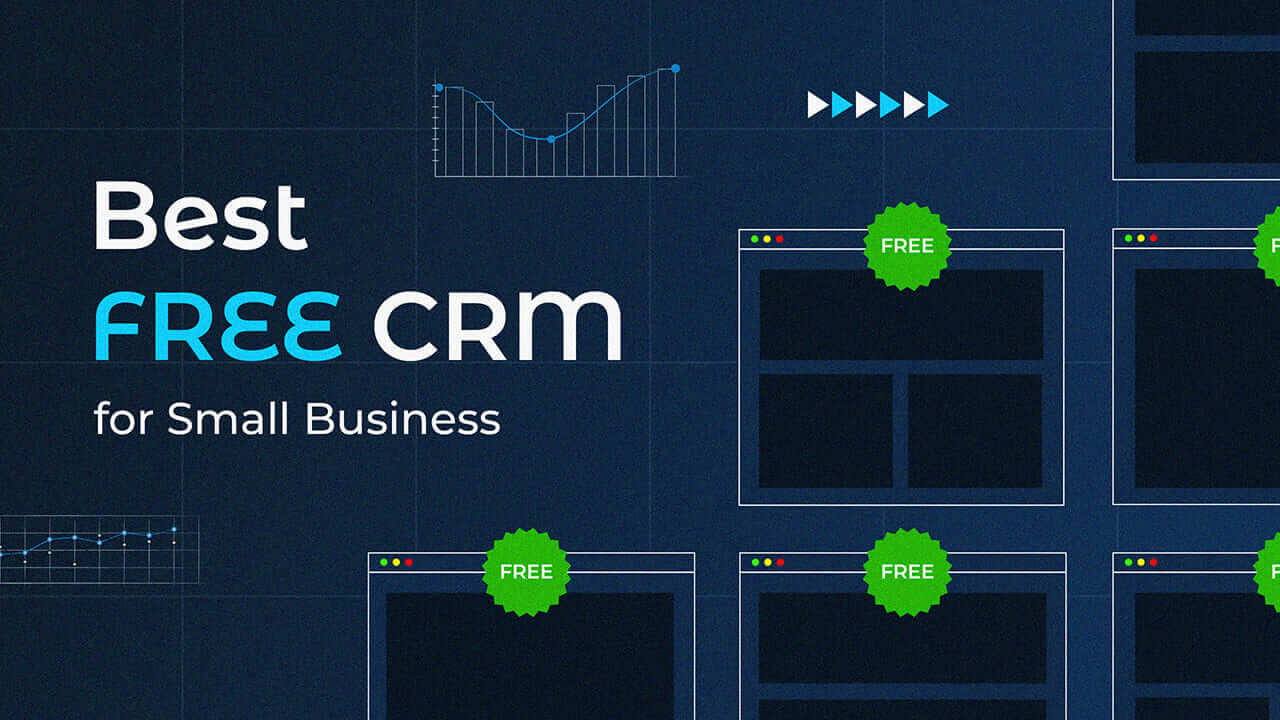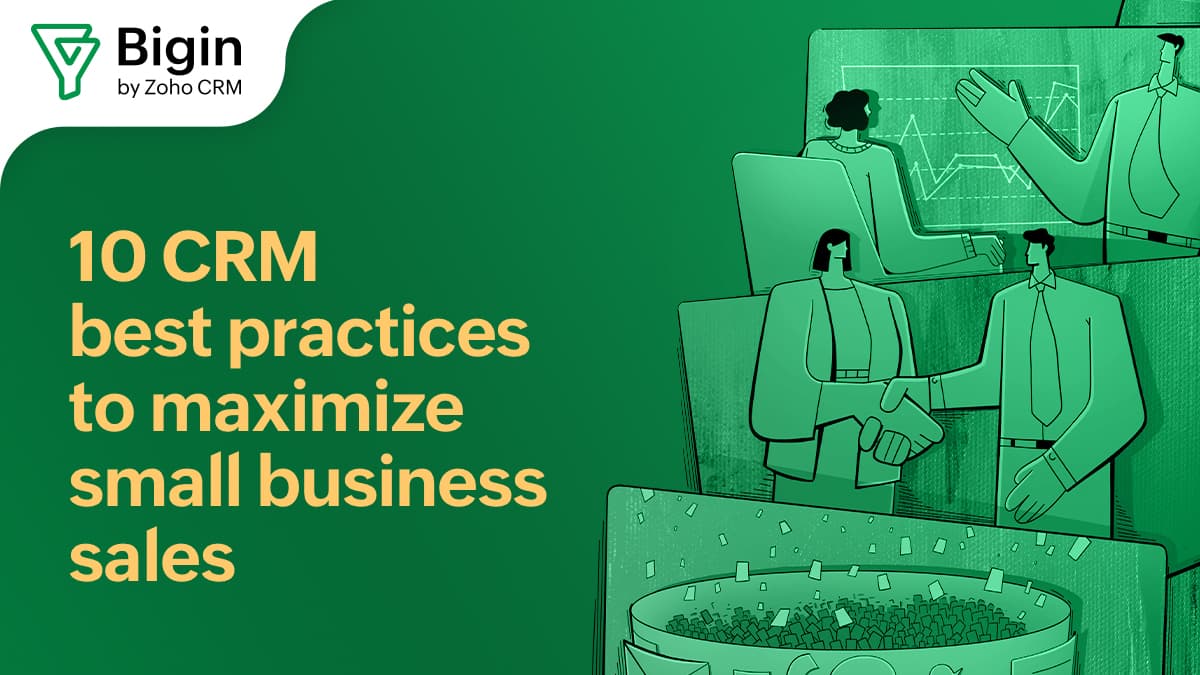The Power of CRM in Modern Marketing
In today’s fiercely competitive business landscape, simply having a great product or service isn’t enough. You need to understand your customers, anticipate their needs, and build lasting relationships. That’s where Customer Relationship Management (CRM) marketing strategies come into play. CRM isn’t just about software; it’s a philosophy, a way of doing business that puts the customer at the heart of everything you do. This article will delve deep into the world of CRM marketing, exploring proven strategies, real-world examples, and actionable insights to help you transform your business.
What is CRM Marketing? A Deep Dive
At its core, CRM marketing involves using a CRM system to manage and analyze customer interactions and data throughout the customer lifecycle. This information is then used to improve business relationships with customers, drive customer retention, and ultimately, boost sales. Think of it as a sophisticated method of getting to know your customers better than ever before.
The benefits of CRM marketing are vast. It allows businesses to:
- Personalize Customer Experiences: Tailor interactions to individual customer preferences and needs.
- Improve Customer Retention: Build loyalty and reduce churn by providing exceptional service.
- Increase Sales: Identify and capitalize on sales opportunities more effectively.
- Enhance Customer Satisfaction: Resolve issues quickly and proactively meet customer expectations.
- Gain Actionable Insights: Analyze customer data to understand trends and make data-driven decisions.
Key Components of a Successful CRM Marketing Strategy
Implementing a successful CRM marketing strategy involves several crucial components. Let’s break them down:
1. Choosing the Right CRM System
The foundation of any CRM marketing strategy is the CRM system itself. Selecting the right system is paramount. Consider factors such as:
- Your Business Needs: What are your specific requirements? Do you need sales automation, marketing automation, or customer service features?
- Scalability: Can the system grow with your business?
- Integration Capabilities: Does it integrate seamlessly with your existing tools and platforms?
- User-Friendliness: Is it easy for your team to learn and use?
- Budget: What is your budget for software, implementation, and training?
Popular CRM systems include Salesforce, HubSpot CRM, Zoho CRM, Microsoft Dynamics 365, and Pipedrive. Research and compare different options to find the perfect fit for your business.
2. Data Collection and Management
A CRM system is only as good as the data it contains. Accurate, complete, and up-to-date customer data is essential. This involves:
- Collecting Data: Gathering information from various sources, such as website forms, social media interactions, email campaigns, and customer service interactions.
- Data Segmentation: Dividing your customer base into meaningful groups based on demographics, behavior, purchase history, and other relevant criteria.
- Data Cleaning: Regularly reviewing and cleaning your data to remove duplicates, correct errors, and ensure accuracy.
- Data Security: Implementing robust security measures to protect customer data and comply with privacy regulations like GDPR and CCPA.
3. Customer Segmentation
Once you have a solid foundation of customer data, the next step is segmentation. Customer segmentation involves dividing your customer base into distinct groups based on shared characteristics. This allows you to:
- Personalize Marketing Messages: Send targeted messages that resonate with specific customer segments.
- Tailor Product Offerings: Develop and promote products or services that meet the unique needs of each segment.
- Improve Customer Experience: Provide a more relevant and engaging experience for each customer group.
Common segmentation criteria include:
- Demographics: Age, gender, location, income, education, etc.
- Behavior: Purchase history, website activity, email engagement, etc.
- Psychographics: Values, interests, lifestyle, personality, etc.
- Needs: What problems are your customers trying to solve?
4. Marketing Automation
Marketing automation is the use of software to automate repetitive marketing tasks, such as:
- Email Marketing: Sending automated email sequences based on customer behavior.
- Lead Nurturing: Providing valuable content to leads to move them through the sales funnel.
- Social Media Posting: Scheduling and automating social media posts.
- Personalization: Customizing website content and offers based on customer data.
Marketing automation saves time, improves efficiency, and helps you deliver more personalized and relevant experiences.
5. Campaign Management
CRM marketing is all about running effective campaigns. This involves:
- Defining Goals: What do you want to achieve with your campaign (e.g., generate leads, increase sales, improve customer retention)?
- Developing a Strategy: Outline the tactics you’ll use to achieve your goals.
- Creating Content: Develop engaging content that resonates with your target audience.
- Tracking Results: Monitor key metrics to measure campaign performance.
- Analyzing and Optimizing: Continuously analyze your results and make adjustments to improve performance.
6. Customer Service and Support
CRM marketing extends beyond sales and marketing. It also encompasses customer service and support. Providing excellent customer service is crucial for building loyalty and driving repeat business. This includes:
- Quick Response Times: Responding to customer inquiries promptly.
- Personalized Support: Providing tailored solutions to individual customer issues.
- Proactive Communication: Reaching out to customers to address potential problems before they arise.
- Feedback Collection: Gathering customer feedback to identify areas for improvement.
Effective CRM Marketing Strategies You Can Implement
Now, let’s dive into some specific CRM marketing strategies you can implement to drive results:
1. Personalized Email Marketing
Email marketing remains a powerful tool for engaging customers. CRM allows you to personalize your emails based on customer data. This can include:
- Personalized Greetings: Addressing customers by name.
- Product Recommendations: Suggesting products based on past purchases or browsing history.
- Birthday Emails: Sending special offers or discounts on their birthdays.
- Behavior-Based Triggers: Sending emails based on customer actions, such as abandoned cart emails or welcome emails.
Personalized emails have significantly higher open and click-through rates than generic emails.
2. Lead Nurturing Campaigns
Lead nurturing involves providing valuable content to leads to move them through the sales funnel. CRM systems allow you to automate lead nurturing campaigns. This can include:
- Welcome Series: Introduce your brand and provide valuable information to new leads.
- Educational Content: Share blog posts, ebooks, and webinars to educate leads about your products or services.
- Product Demos: Offer product demonstrations to showcase the value of your offerings.
- Special Offers: Provide exclusive deals and discounts to encourage leads to convert.
3. Customer Segmentation for Targeted Campaigns
As mentioned earlier, customer segmentation is crucial for targeted campaigns. By segmenting your customer base, you can create highly relevant campaigns that resonate with specific groups. For example:
- Loyalty Programs: Reward your most loyal customers with exclusive offers and benefits.
- Re-engagement Campaigns: Reach out to inactive customers to re-engage them with your brand.
- Upselling and Cross-selling: Offer complementary products or services to existing customers.
4. Social Media Integration
Integrate your CRM system with your social media platforms to gain a 360-degree view of your customers. This allows you to:
- Monitor Social Media Mentions: Track brand mentions and respond to customer inquiries.
- Run Targeted Ads: Create targeted advertising campaigns based on customer data.
- Engage with Customers: Interact with customers on social media and build relationships.
5. Customer Feedback and Surveys
Gathering customer feedback is essential for improving your products, services, and customer experience. Use your CRM system to:
- Send Customer Satisfaction Surveys: Measure customer satisfaction and identify areas for improvement.
- Collect Reviews and Testimonials: Gather positive reviews and testimonials to build social proof.
- Monitor Customer Feedback Channels: Track feedback from various sources, such as social media, email, and customer service interactions.
6. Sales Automation
CRM can automate the sales process, freeing up your sales team to focus on closing deals. This includes:
- Automated Lead Scoring: Prioritize leads based on their likelihood to convert.
- Automated Sales Follow-up: Automate follow-up emails and tasks.
- Sales Reporting: Track sales performance and identify areas for improvement.
Measuring the Success of Your CRM Marketing Efforts
To ensure your CRM marketing strategies are effective, you need to track and measure your results. Key metrics to monitor include:
- Customer Acquisition Cost (CAC): The cost of acquiring a new customer.
- Customer Lifetime Value (CLTV): The predicted revenue a customer will generate over their lifetime.
- Customer Retention Rate: The percentage of customers who remain customers over a specific period.
- Churn Rate: The percentage of customers who stop doing business with you over a specific period.
- Conversion Rates: The percentage of leads who convert into customers.
- Sales Revenue: The total revenue generated from your sales efforts.
- Website Traffic and Engagement: Track website visits, bounce rates, and time spent on site.
- Email Marketing Metrics: Open rates, click-through rates, and conversion rates.
Regularly analyze these metrics to identify what’s working and what’s not. Use this data to refine your strategies and optimize your campaigns.
Real-World Examples of CRM Marketing Success
Let’s look at some examples of how businesses are successfully using CRM marketing:
1. Amazon
Amazon is a master of CRM marketing. They use customer data to:
- Personalize Product Recommendations: Suggesting products based on browsing history and purchase behavior.
- Send Targeted Emails: Promoting products and offers based on customer interests.
- Provide Excellent Customer Service: Offering a seamless and personalized shopping experience.
This has contributed significantly to their massive success.
2. Netflix
Netflix utilizes CRM to:
- Personalize Content Recommendations: Suggesting movies and shows based on viewing history.
- Send Targeted Email Marketing: Promoting new releases and genres based on customer preferences.
- Optimize User Experience: Continuously improving the user interface based on customer feedback.
This keeps subscribers engaged and coming back for more.
3. Starbucks
Starbucks uses CRM to:
- Power Their Loyalty Program: Rewarding customers with points and exclusive benefits.
- Personalize Mobile App Experiences: Offering customized drink recommendations and promotions.
- Gather Customer Feedback: Collecting feedback through their app and in-store surveys.
This helps them build customer loyalty and drive sales.
Common Pitfalls to Avoid in CRM Marketing
While CRM marketing offers immense potential, there are some common pitfalls to avoid:
- Poor Data Quality: Inaccurate or incomplete data can lead to ineffective campaigns.
- Lack of Personalization: Generic marketing messages can alienate customers.
- Ignoring Customer Feedback: Failing to listen to customer feedback can result in missed opportunities for improvement.
- Over-Reliance on Automation: Automation should enhance, not replace, human interaction.
- Failure to Integrate Systems: Siloed systems can prevent a 360-degree view of the customer.
- Lack of Training: Insufficient training can prevent your team from effectively using the CRM system.
By being aware of these potential pitfalls, you can avoid them and maximize your chances of success.
The Future of CRM Marketing
The future of CRM marketing is bright. Emerging trends include:
- Artificial Intelligence (AI): AI will play an increasingly important role in personalizing customer experiences and automating marketing tasks.
- Hyper-Personalization: Marketers will be able to create even more personalized experiences based on real-time customer data.
- Omnichannel Marketing: Providing a seamless customer experience across all channels.
- Focus on Customer Privacy: Businesses will prioritize customer data privacy and security.
Staying ahead of these trends is crucial for long-term success.
Getting Started with CRM Marketing: A Step-by-Step Guide
Ready to implement CRM marketing strategies? Here’s a simple step-by-step guide:
- Define Your Goals: What do you want to achieve with CRM marketing?
- Choose a CRM System: Select the right system for your business needs.
- Clean and Organize Your Data: Ensure your data is accurate and up-to-date.
- Segment Your Customer Base: Divide your customers into meaningful groups.
- Develop Targeted Campaigns: Create personalized campaigns for each segment.
- Automate Marketing Tasks: Automate repetitive tasks to save time and improve efficiency.
- Track Your Results: Monitor key metrics to measure campaign performance.
- Analyze and Optimize: Continuously analyze your results and make adjustments.
- Provide Excellent Customer Service: Build strong relationships with your customers.
- Stay Up-to-Date: Keep up with the latest trends and best practices.
Conclusion: Embrace the Power of CRM Marketing
CRM marketing is no longer optional; it’s essential for businesses that want to thrive in today’s competitive market. By understanding your customers, personalizing their experiences, and building lasting relationships, you can unlock significant growth and achieve long-term success. Implement the strategies outlined in this article, adapt them to your specific business needs, and start reaping the rewards of effective CRM marketing. Embrace the power of CRM and transform your business today!




